Main Causes of Gas and Bloating
Flatulence, or gas, is part of the natural digestive process when food breaks down in the intestines. The journal Gastroenterology & Hepatology reports that bloating can be caused by consuming gas-producing foods. For example, beans, lentils, and high-fiber foods can also release gas in the intestines during digestion. Also, foods containing fructose and sorbitol can be poorly absorbed and cause you to feel bloated and gassy.


You may find that you have an excessive gas buildup if you have aerophagia. Although this sounds alarming, this reason for having to fart a lot comes from swallowing too much air. Apart from eating foods like broccoli, Brussels sprouts and cabbage that cause gas, stress can also result in digestive problems such as gas pains. In fact, doctors say that stress can cause gas, bloating, nausea, and diarrhea especially if you have a chronic digestive problem. Other reasons for switching to a low-gas diet are if you have irritable bowel syndrome (IBS), are lactose intolerant, have food sensitivities or intolerances, or acid reflux.
Fermented Foods


Mint
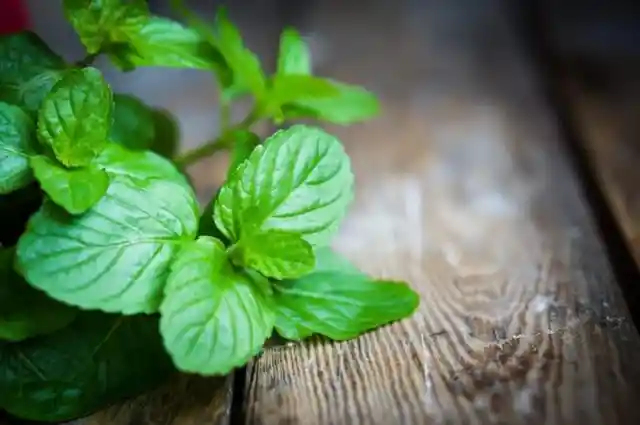

Ginger Helps Get Rid of Gas and Bloating
Ginger is a food that reduces gas and helps with bloating because it has an anti-inflammatory effect on the digestive process. According to a book about the biomolecular and clinical aspects of herbal medicine, ginger extracts are good for relieving gas because they help break up and get rid of intestinal gas. You can also use ginger to treat a number of other gastrointestinal complaints such as nausea, vomiting, and abdominal aches.
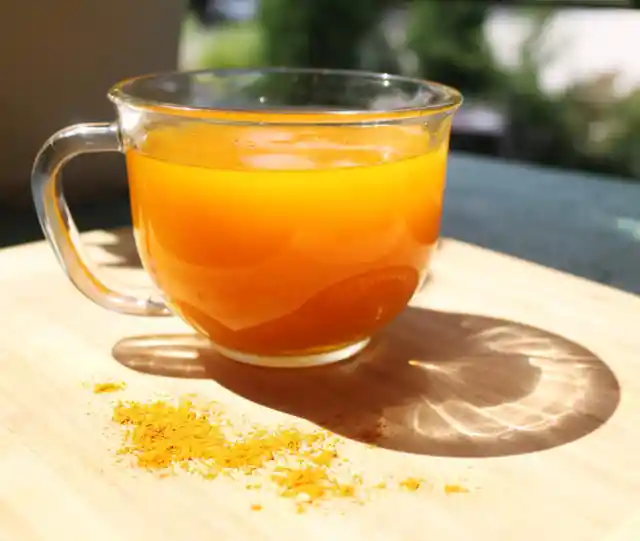
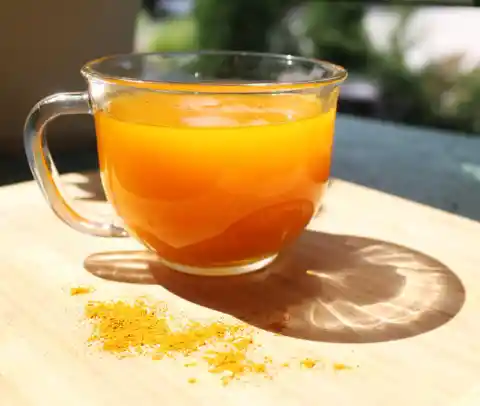
Other studies have shown that ginger has a positive effect on the digestion and can help alleviate symptoms of indigestion (dyspepsia). Researchers have identified that ginger compounds such as gingerols and shogaols help to calm the intestines and protect intestinal health. All you have to stop gas naturally is make ginger tea by chopping or grating a 1-2 inch piece of ginger. Put in a cup and pour in boiling water. Cover and allow to steep for 10 minutes. Consume this anti-gas drink about 20 minutes before each meal to prevent bloating and gas after eating. There are many other health benefits of using more ginger in your diet that you can learn about here. You can also use dried ginger as a powerful health tonic.
Apple Cider


Cinnamon
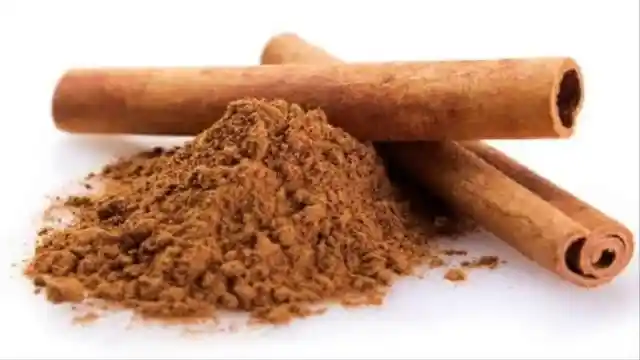
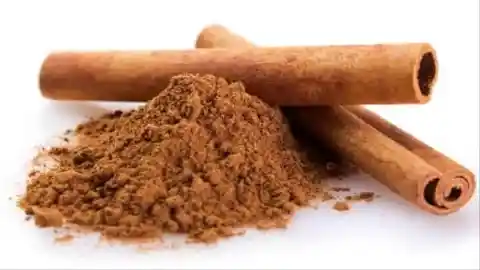
Cumin to Reduce Excess Gas
Consuming more cumin in your meals could also help to reduce excessive gas after eating. For example, one medical journal recommends the following cumin tea recipe: - Grind 10 grams of cumin seeds, 5 grams anise seeds, and 10 grams of fennel seeds.
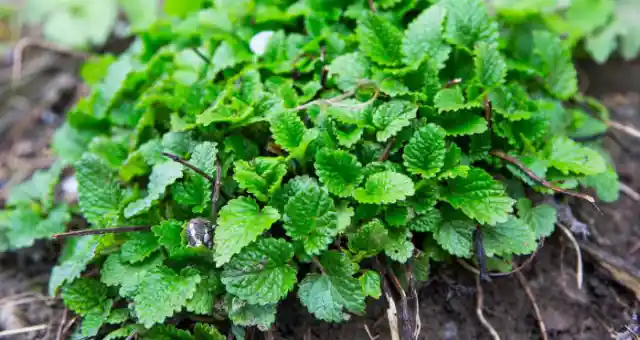
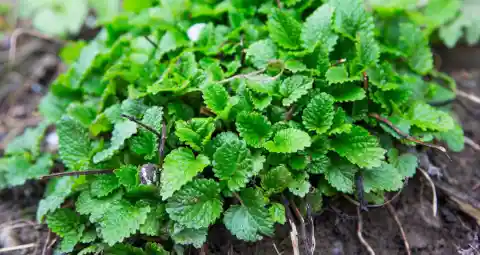
- Put the cumin powder mixture in a cup and pour boiling water over, cover and leave for 20 minutes. - Drink the warm cumin tea 30 minutes after your meal to get rid of flatulence.
Activated Charcoal Helps You Get Rid of Gas Pain
Taking activated charcoal can help get rid of gas pains in your stomach and deal with bloating. The American Journal of Gastroenterology reports that activated charcoal can lower the volume of intestinal gas caused during digestion.
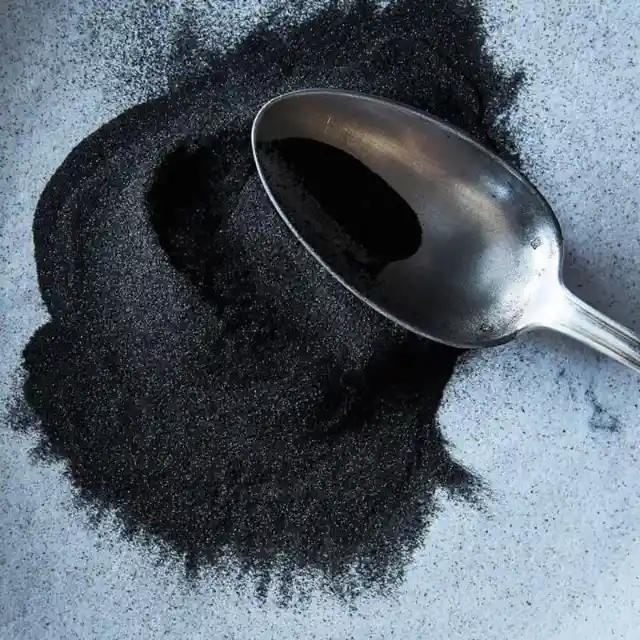
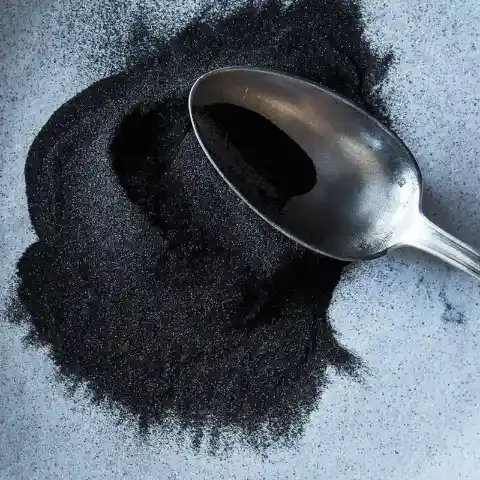
The activated charcoal tablets helped alleviate bloating and a gassy feeling in the stomach. You can also use activated charcoal to get rid of gas if you have been eating gas-producing foods such as beans, peas, cabbage, or fiber.
Chamomile Tea Helps Reduce Bloating and Gas
One of the best remedies to help get rid of gas and reduce the feeling of pressure in your stomach is chamomile. Chamomile is well-known for its soothing carminative properties on the mind and the digestive system. The journal Frontiers in Pharmacology reported in 2018 that Roman chamomile is used to treat flatulence, indigestion, nausea, and other signs of digestive upset.


Researchers have found that chamomile extracts can help relax the muscles of the intestines. Other studies into its therapeutic properties show that drinking chamomile tea helps get rid of gas, reduce bloating, and alleviate abdominal cramping. To use chamomile tea to help you feel less bloated, put 1-2 teaspoons of dried leaves into a cup and pour in boiling water. Cover and let it infuse for 10 minutes before drinking. Consume the herbal anti-gas remedy 3 times a day to help relieve gas pain and bloating.
Probiotics to Help Prevent Gas
Probiotics help reduce the volume of intestinal gas and can help reduce bloating, abdominal pain, and smelly farts. The reason why probiotic supplements and probiotic foods relieve gas and bloating is that they promote healthy bacteria in your gut. For example, scientists say that probiotics reduce bloating because they improve the composition of microbiota. This causes less gas to be produced during the digestion process.
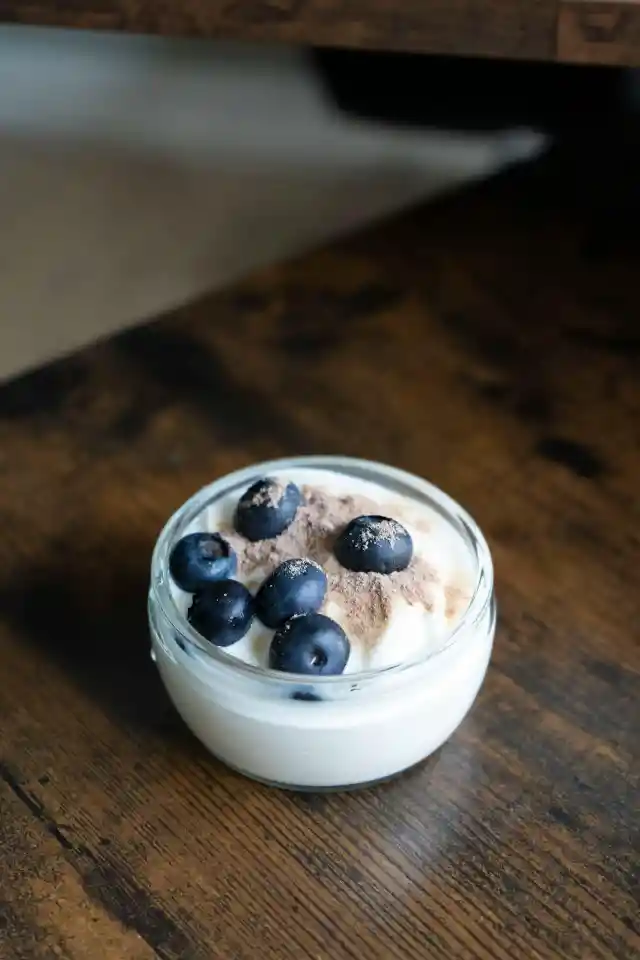
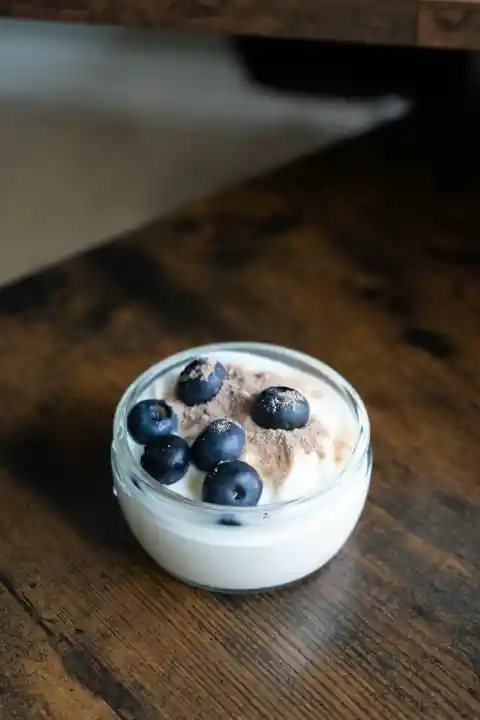
Probiotic yogurt is one of the foods that can help to relieve some symptoms of gas and bloating. Some studies have shown that regularly consuming yogurt with Bifidobacterium strains can help beat bloating, alleviate constipation, and get rid of excessive flatulence. Learn about some reasons why taking probiotics can be good for you, including to help strengthen your immune system. You could also try the fermented milk drink kefir as it contains healthy enzymes and probiotics that also help fight gas.
Caraway Seeds to Relieve Flatulence and Bloating
One of the many foods that eliminate gas is caraway seeds. Traditionally, caraway has been used to get rid of flatulence, soothe stomach aches, reduce burping, and remedy bloating.
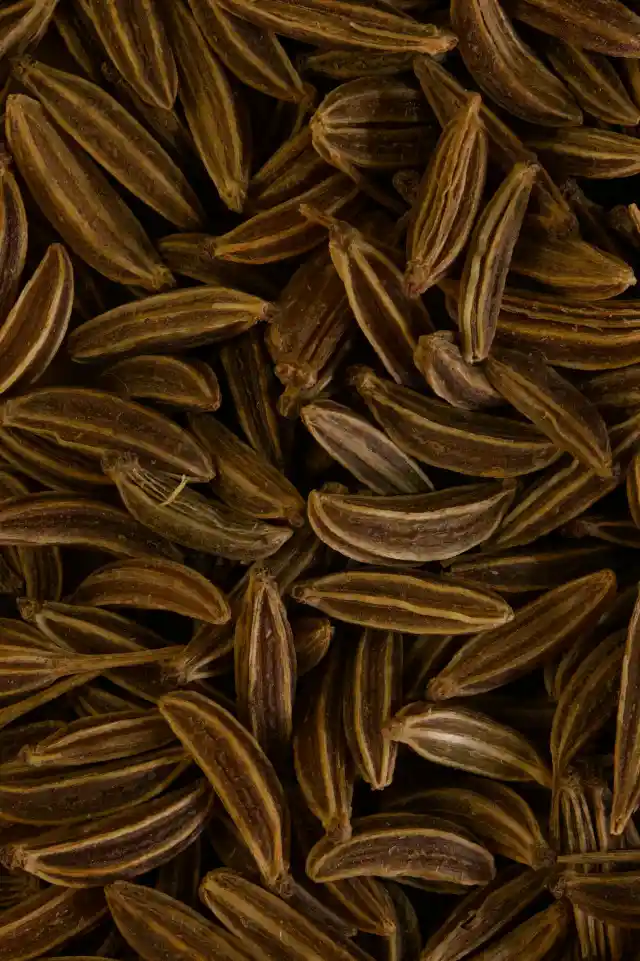
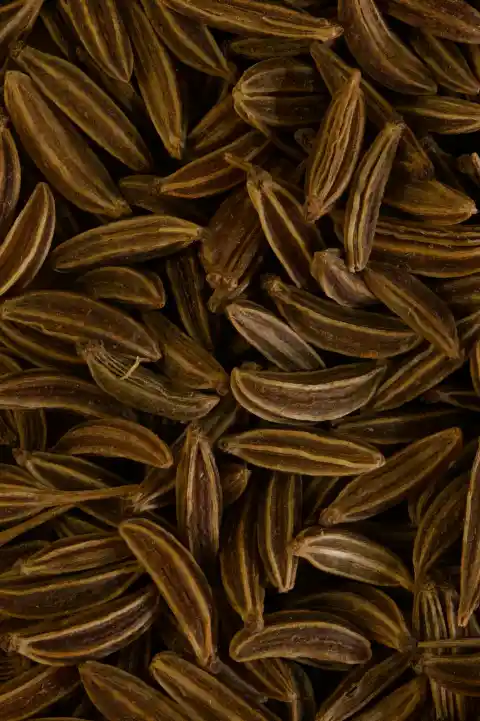
Caraway benefits the digestive process because of its anti-inflammatory properties and ability to reduce muscle spasms. To use caraway to fight gas and bloating, crush up 2 teaspoons of caraway seeds and add to a cup of boiling water. Allow to infuse for 15 minutes, strain, and drink up to 4 times a day to help reduce bloating and gas.
How to Prevent a Bloated Stomach and Gas in Your Gut
The best way to avoid a buildup of gas and a bloated stomach is to eat foods good for your stomach. You should also eat food slowly to give it time to digest property and prevent overeating. Doctors from the Mayo Clinic recommend some practical strategies to stop excess gas causing your stomach to bloat. This is what you should do: - Eat and drink slowly. Eating slowly gives your digestion time to work properly and stops you from stressing. Also, you swallow less air when you eat and drink slowly.
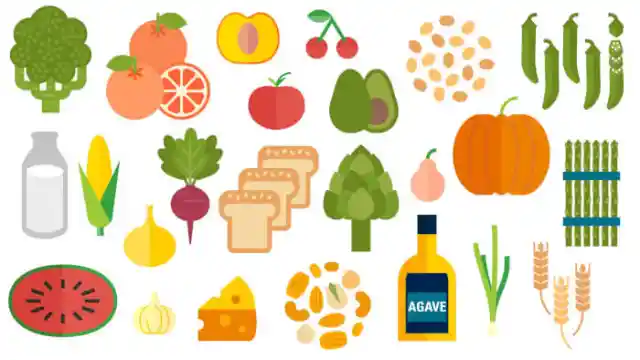
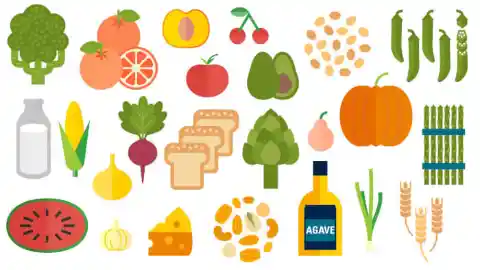
- Avoid trigger foods. If you find that after eating certain foods your symptoms of gas and stomach aches are worse, you should avoid those. Some common foods that cause gas are cabbage, beans, dairy, and fructose. - Walk after a meal. Going for a moderately-brisk walk can kick-start your digestive system and prevent food fermenting gasses in your gut. - Reduce your intake of fatty foods. Foods high in fat are not only bad for your heart but they also put the brakes on your digestion. It is good to remember that fiber, although a gas-producing food, is full of nutrients and benefits your digestion. Doctors recommend that you gradually introduce fiber-rich foods to prevent overloading your digestion.